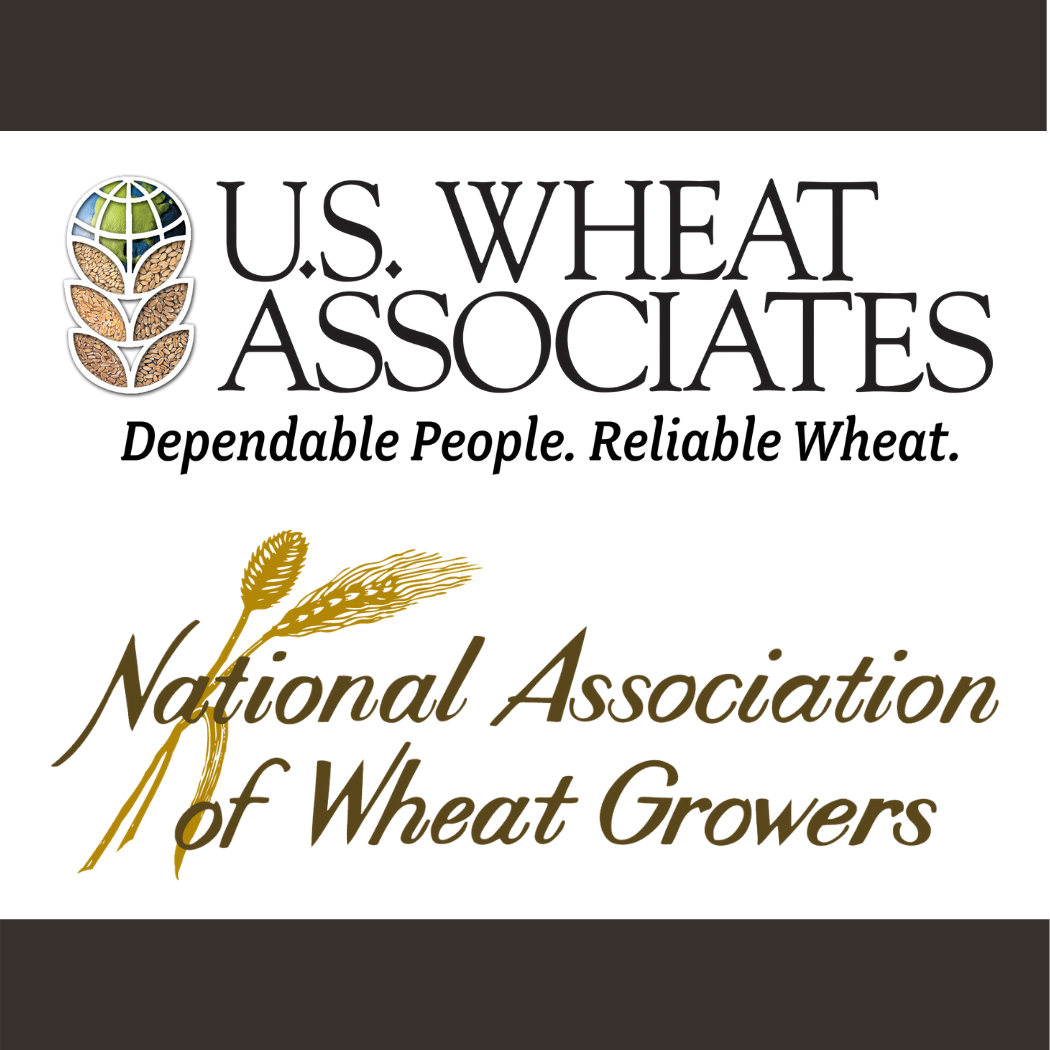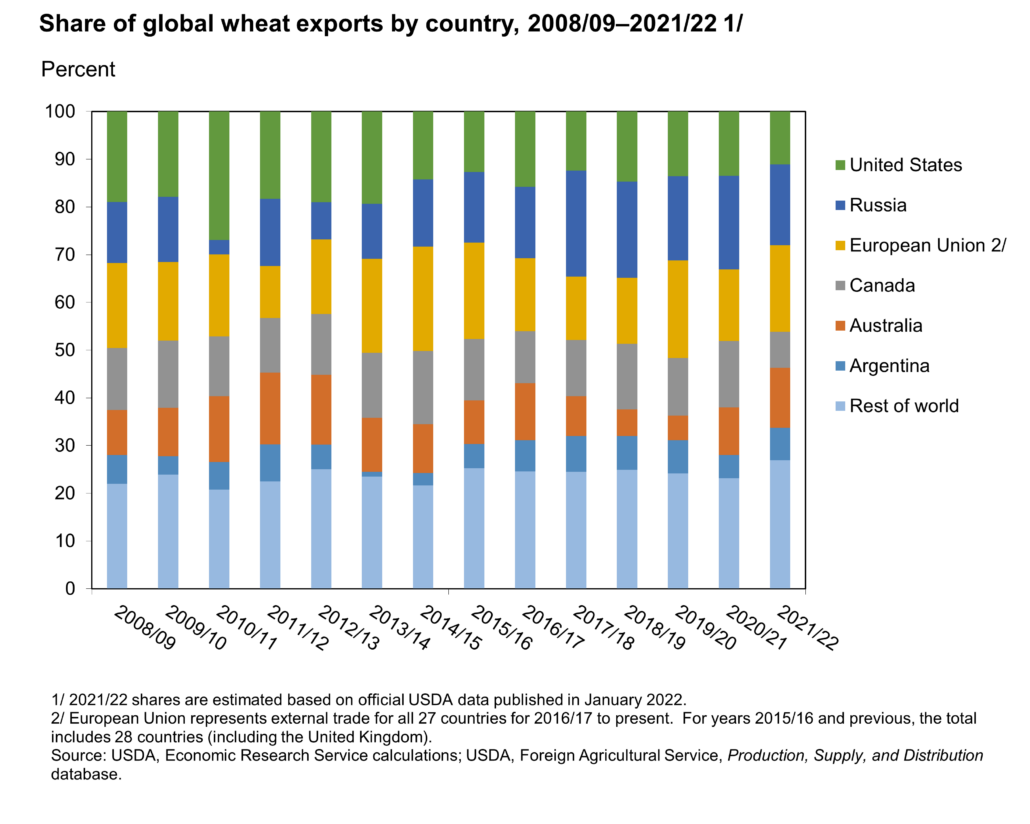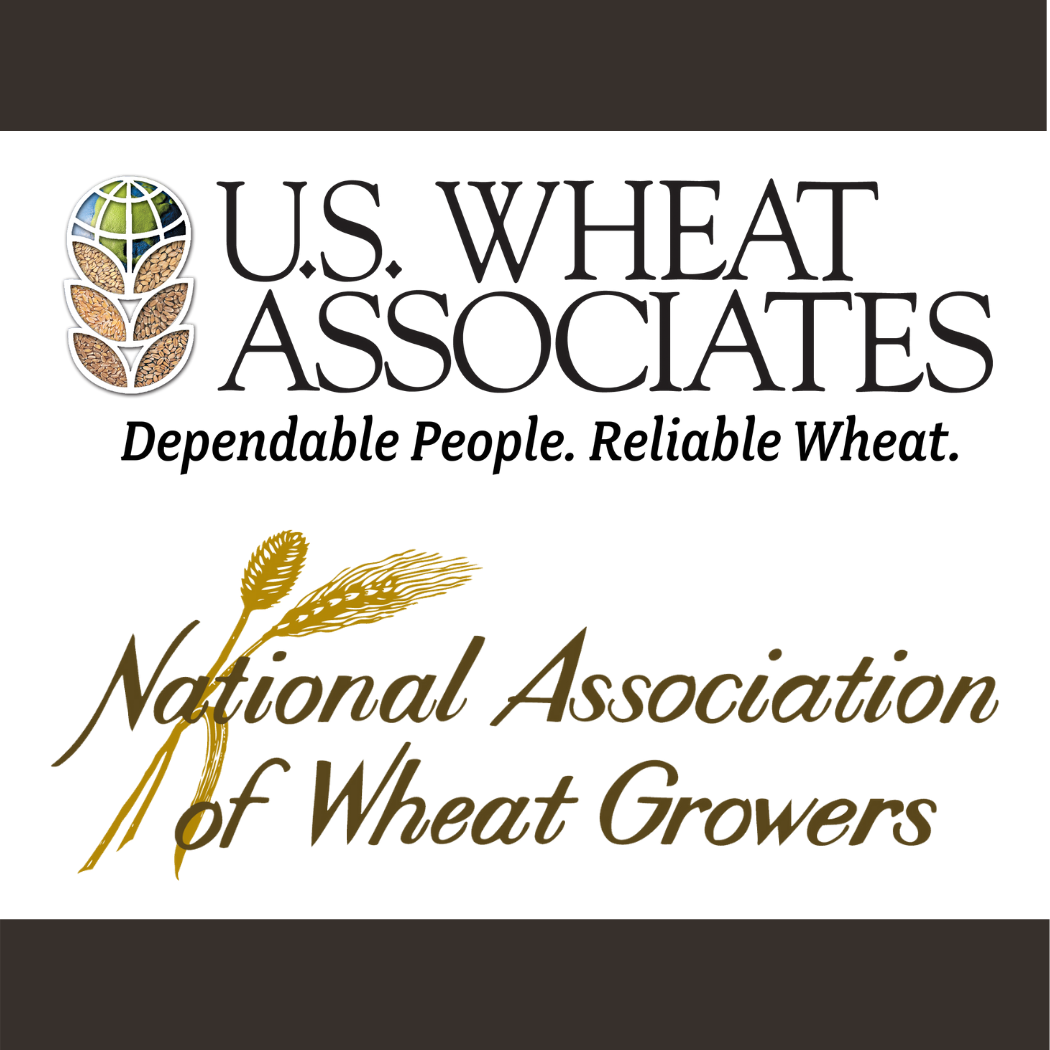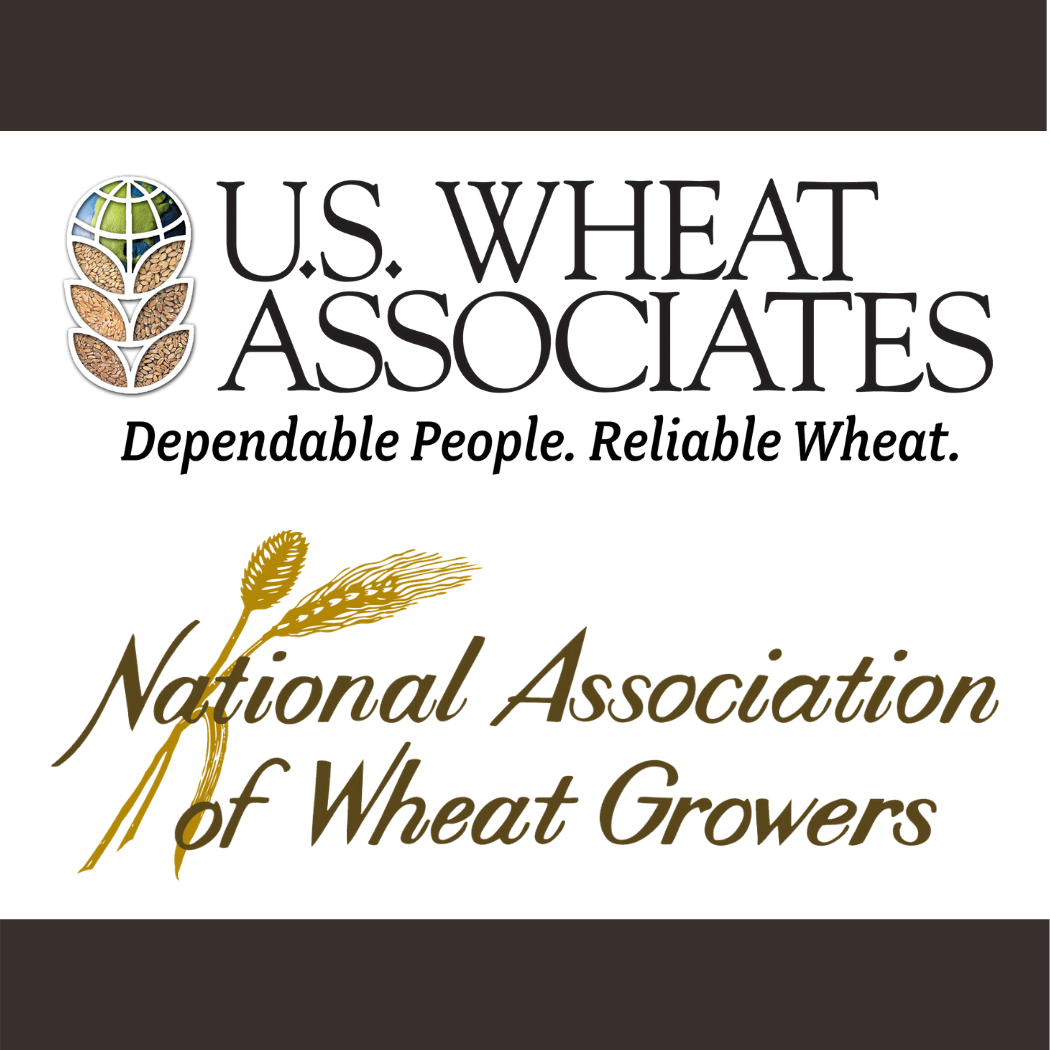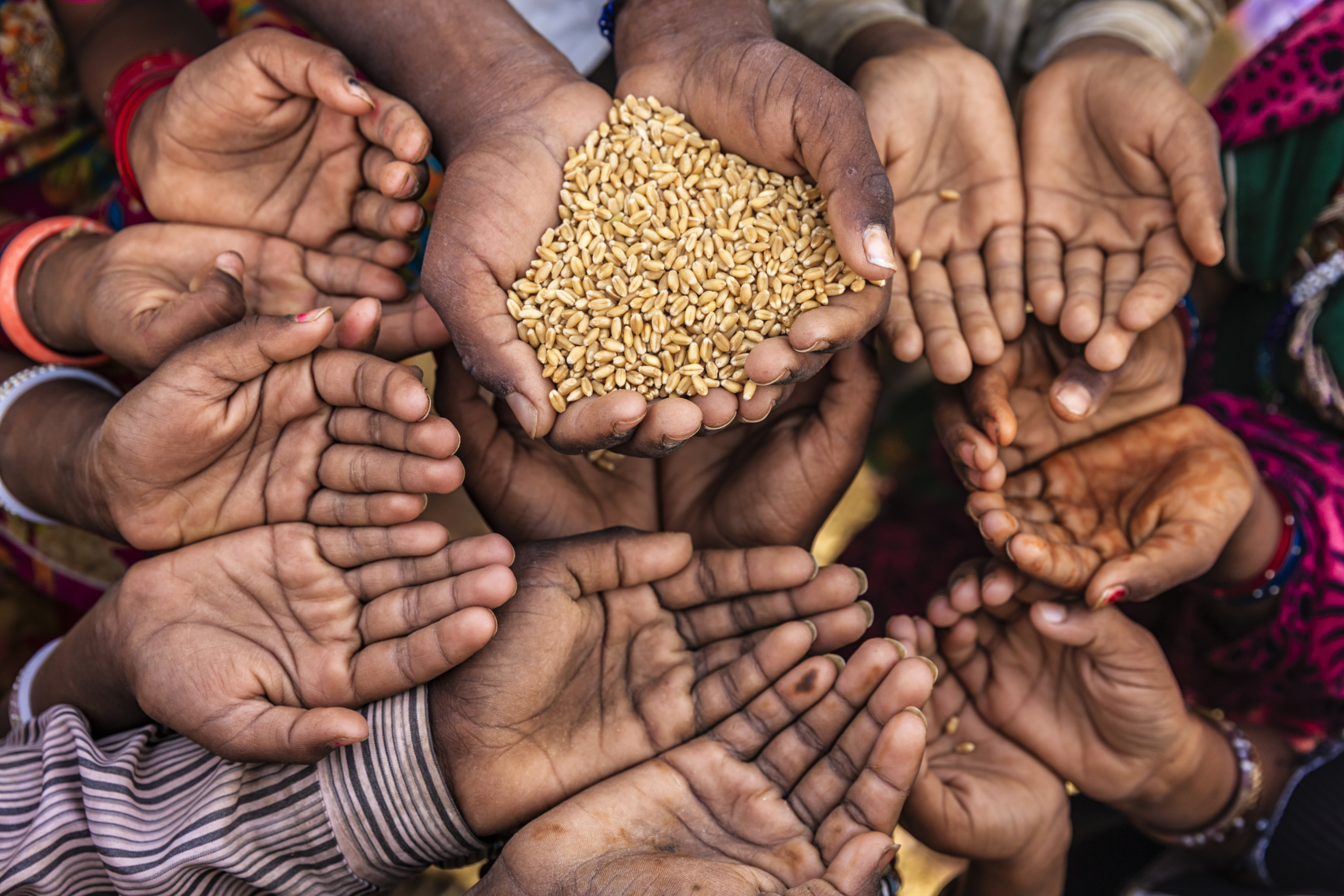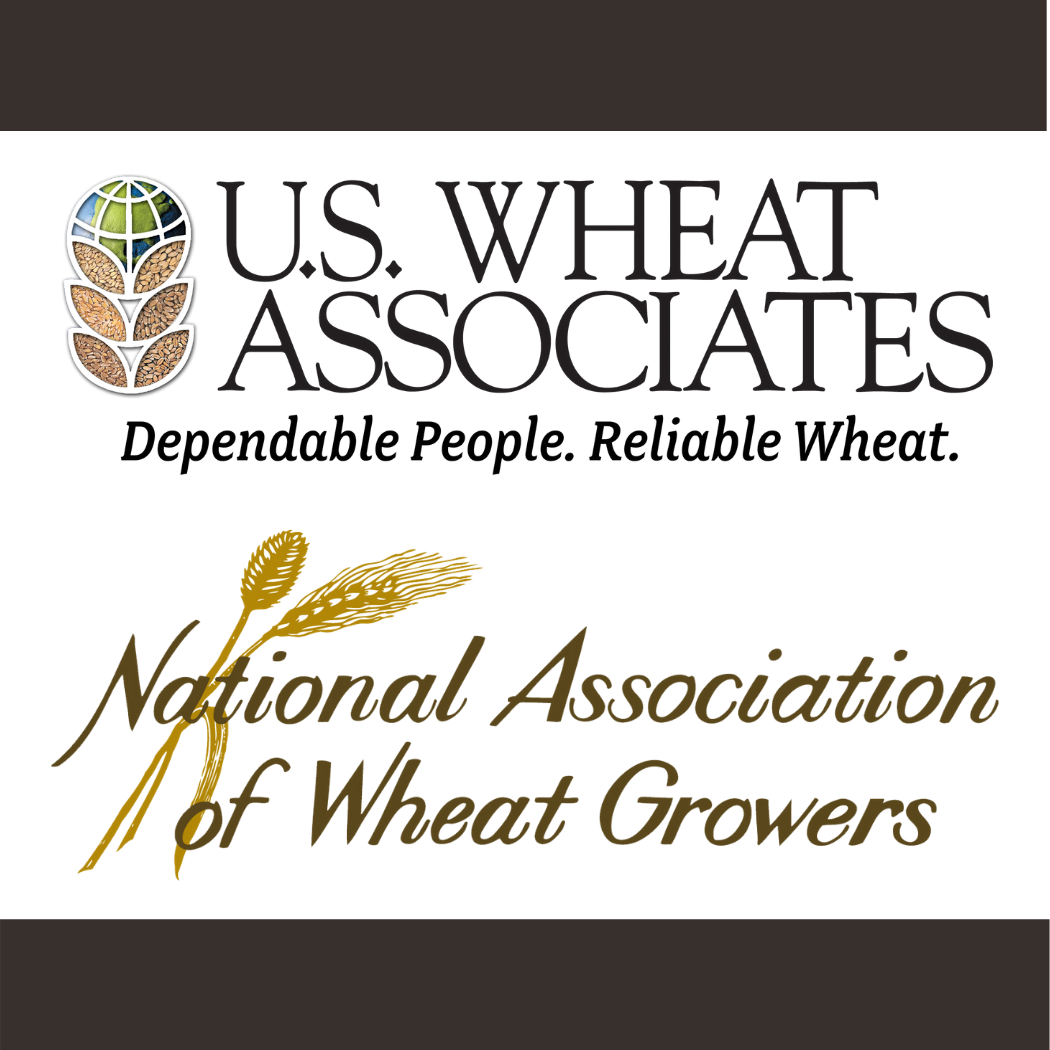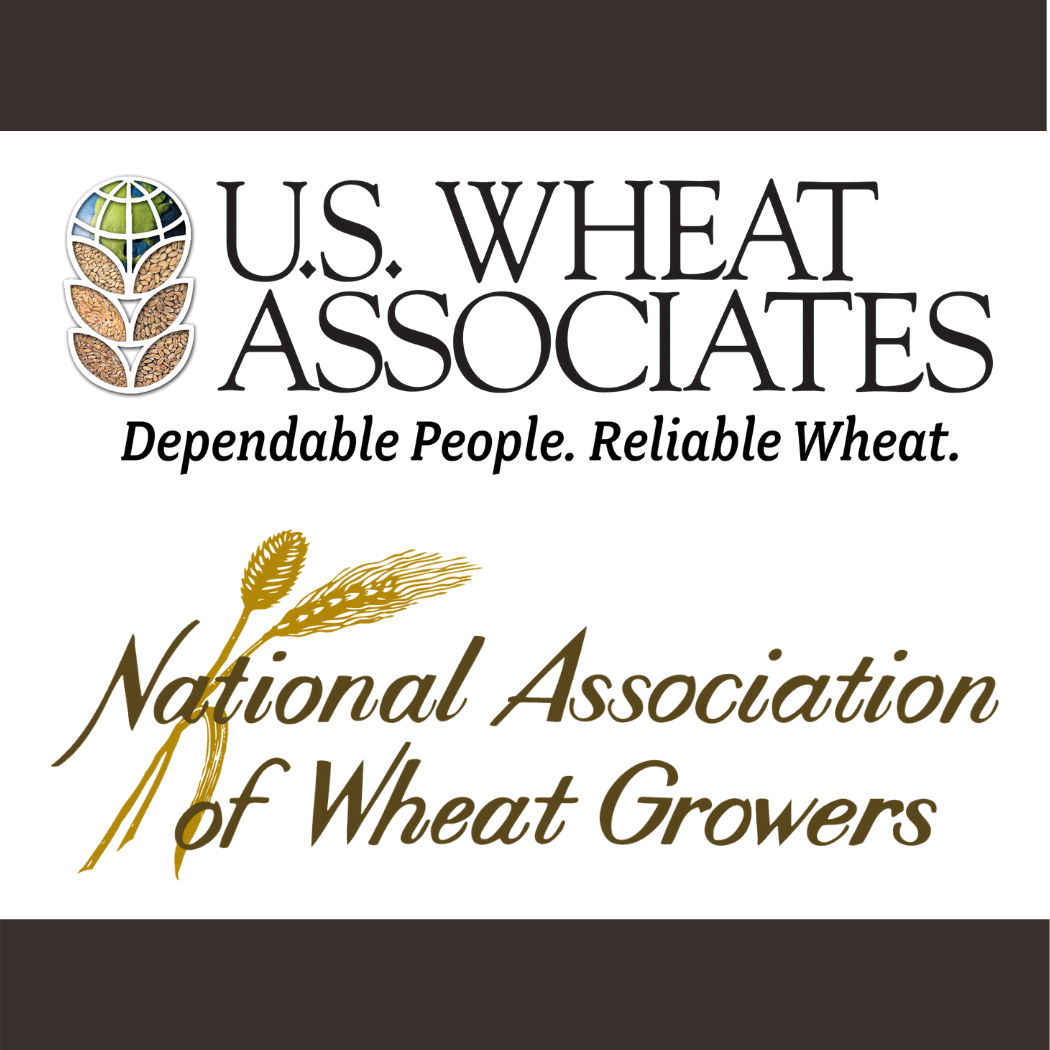The National Association of Wheat Growers and U.S. Wheat Associates (USW) welcome the U.S. Senate’s confirmation of Alexis Taylor to serve as the U.S. Department of Agriculture (USDA) Under Secretary for Trade and Foreign Agriculture Affairs. Earlier today, the Senate confirmed Taylor by a voice vote.
“NAWG applauds the confirmation of Alexis Taylor to this key role, and I personally congratulate her for this historic appointment,” said NAWG CEO Chandler Goule. “I have worked with Alexis for over 15 years, and I know the agriculture industry will benefit immensely from her expertise. She is a widely recognized leader on agriculture policy and has the domestic and international experience to help navigate U.S. agriculture through growing global changes and help expand markets for U.S. agricultural products. We appreciate the Senate’s bipartisan support of Alexis and look forward to working with her.”
“Global markets for food and agricultural products like milling wheat are growing, so finally having Ms. Taylor in this position will help re-establish the United States as a leading export market participant,” said USW President Vince Peterson. “After serving as Agriculture Director in Oregon she understands just how important it is to maintain a strong promotional effort in export markets. We look forward to working with her to build overseas markets for U.S. wheat.”
The Trade and Foreign Agriculture Affairs mission area plays a crucial role in developing and implementing USDA’s trade policy, oversees and facilitates foreign market access, and promotion opportunities for U.S. agriculture. The wheat industry looks forward to working with Alexis Taylor to advocate for U.S. wheat farmers and American agriculture.
###
About U.S. Wheat Associates. USW’s mission is to develop, maintain, and expand international markets to enhance wheat’s profitability for U.S. wheat producers and its value for their customers in more than 100 countries. Its activities are made possible through producer checkoff dollars managed by 17 state wheat commissions and cost-share funding provided by USDA’s Foreign Agricultural Service. For more information, visit our website at www.uswheat.org.
About the National Association of Wheat Growers. NAWG is the primary policy representative in Washington D.C. for wheat growers, working to ensure a better future for America’s growers, the industry, and the general public. NAWG works with a team of 20 state wheat grower organizations to benefit the wheat industry at the national level. From their offices in the Wheat Growers Building on Capitol Hill, NAWG’s staff members are in constant contact with state association representatives, NAWG grower leaders, Members of Congress, Congressional staff members, Administration officials, and the public

